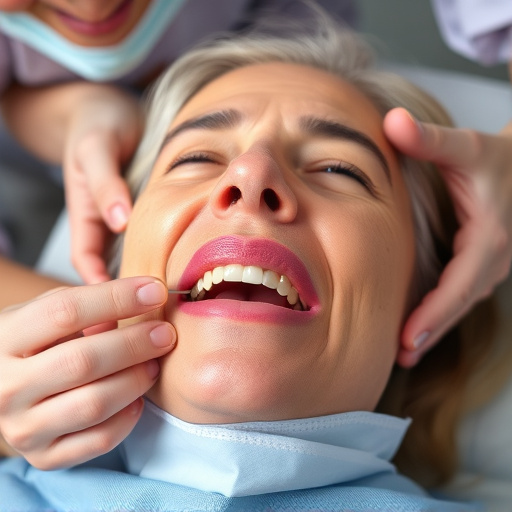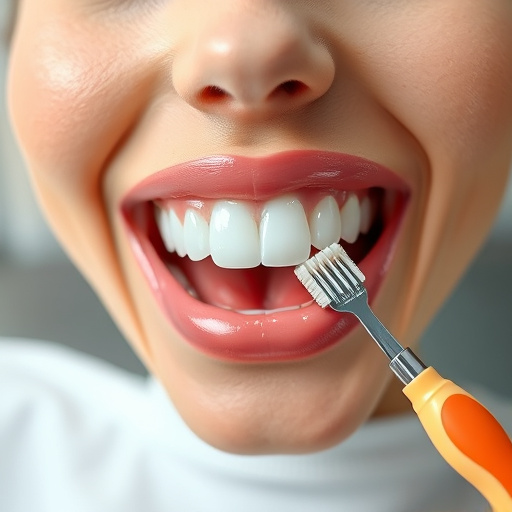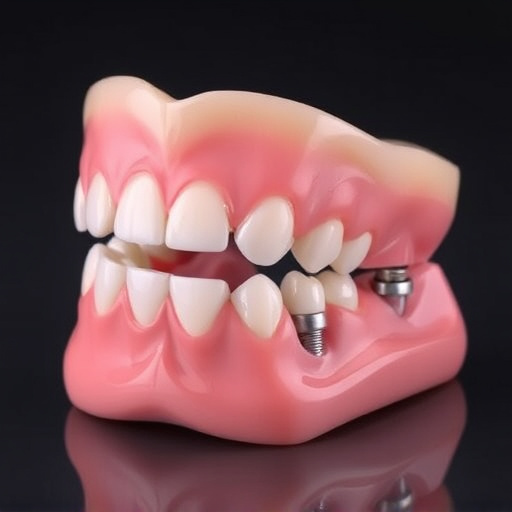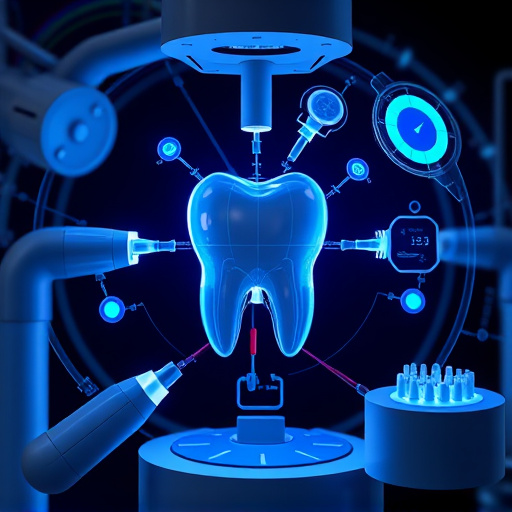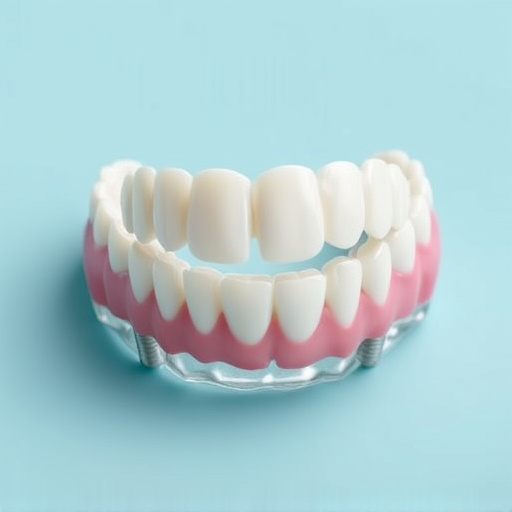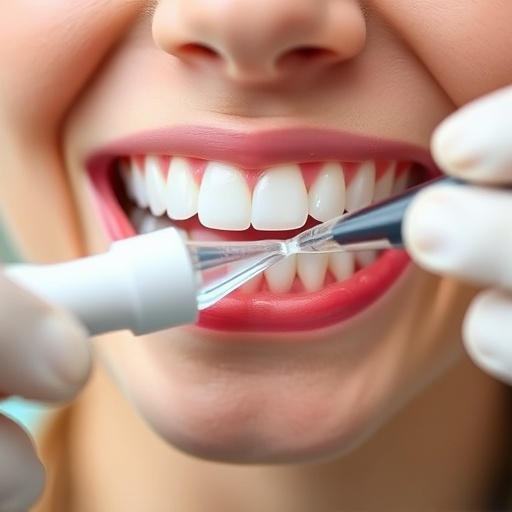Oral cancer affects all backgrounds and ages; early signs include lesions and sore throats. Regular oral cancer screening by dental pros is crucial for detection. Early detection through screening leads to less invasive treatments, emphasizing the importance of routine preventive care including wisdom tooth removal and cosmetic fillings. Collaborative treatment involves surgery, radiation, chemotherapy, cryotherapy, laser treatments, and clear aligners.
Oral cancer screening is a vital step towards safeguarding your health. It involves a simple, non-invasive process that can detect potential risks early on. Understanding these risks and their impact is crucial. Early detection through regular screening plays a pivotal role in preventing severe health complications. By navigating available treatment options, individuals can achieve better outcomes and maintain a high quality of life. This comprehensive guide explores the significance of oral cancer screening, highlighting its ability to save lives by ensuring timely intervention.
- Understanding Oral Cancer Risks and Their Impact
- The Role of Early Detection Through Screening
- Navigating Treatment Options for Better Outcomes
Understanding Oral Cancer Risks and Their Impact

Oral cancer, though often overlooked, poses a significant health risk to many individuals. It’s crucial to understand that anyone can be affected, regardless of age or background. The early signs might include unusual lesions, lumps, or persistent sore throats. If left undiagnosed, these symptoms can lead to severe consequences, including the spread of cancer to other parts of the body. This is where oral cancer screening becomes a vital tool in preventive healthcare.
Regular screening can help identify potential issues at an early stage when treatment outcomes are generally more positive. It involves simple procedures performed by dental professionals who are trained to detect even subtle changes in your mouth’s tissues. By addressing problems promptly, whether it’s related to wisdom tooth removal or managing cosmetic fillings, general dentistry practices play a key role in minimizing the impact of oral cancer and ensuring better overall health.
The Role of Early Detection Through Screening

Early detection plays a pivotal role in managing oral cancer, making regular oral cancer screening an indispensable practice in preventative dentistry. This process involves a thorough examination of your mouth, including the tongue, cheeks, gums, and throat, to identify any abnormal growths or lesions that may indicate cancerous cells. By catching potential issues early on, dental professionals can significantly improve treatment outcomes.
Oral cancer screening is a simple yet powerful tool in the fight against oral cancer. It allows for the detection of pre-cancerous conditions and early-stage tumors before they become advanced or spread to other parts of the body. This early intervention often translates to less invasive tooth extractions and more effective treatment plans, emphasizing the importance of incorporating oral cancer screening into your routine preventive dentistry practices alongside regular teeth cleaning sessions.
Navigating Treatment Options for Better Outcomes

Navigating Treatment options for Oral Cancer is a crucial step towards achieving better outcomes and enhancing your chances of recovery. Early detection through oral cancer screening plays a pivotal role in this process. When oral cancer is identified at an early stage, treatment plans can be tailored to be less invasive and more effective. This often involves a multidisciplinary approach, where dental professionals collaborate with medical specialists to create a personalized strategy.
One common treatment option includes the removal of cancerous cells through surgical procedures, sometimes complemented by radiation therapy or chemotherapy. For some patients, non-invasive methods like freezing (cryotherapy) or laser treatments might be employed. Additionally, clear aligners, often used in cosmetic dentistry for teeth straightening, can also contribute to comprehensive dental care by ensuring proper oral health during and after cancer treatment. Effective treatment not only targets the cancerous tissue but also maintains overall dental health, including any existing fillings or other restorations.
Oral cancer screening is a powerful tool that can significantly reduce severe health risks associated with this disease. By detecting potential issues early through regular check-ups, individuals can ensure better treatment outcomes and maintain their overall well-being. The process is simple yet highly effective, making it an essential step in oral cancer prevention and management. Embrace the benefits of oral cancer screening to safeguard your health and peace of mind.



